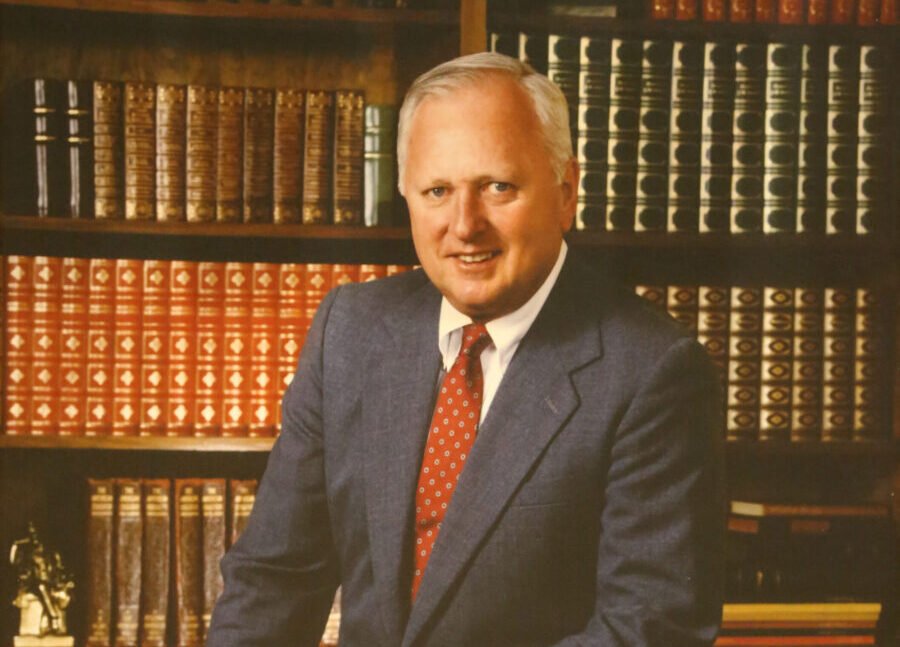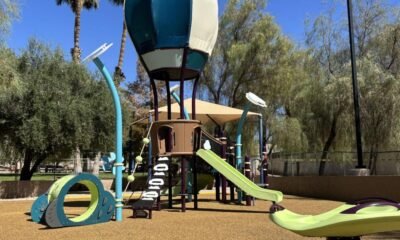access
Voices Unveiled: Insights from Carl Kunasek

Carl Kunasek, a prominent Republican figure in Arizona politics, shaped key policies during his tenure in various capacities, including the Arizona State House of Representatives and the Arizona Senate. He played a crucial role in the establishment of the Arizona Health Care Cost Containment System (AHCCCS), the state’s Medicaid program. In a recent oral history interview, Kunasek reflects on the challenges and moments that defined his political career, sharing both insights and anecdotes. His legacy continues through his children, Andy Kunasek and Karrin Taylor Robson, both of whom have pursued political careers in Arizona.
The interview is part of the Arizona State Library Oral History Project, initiated in 2006, and is featured in the series “In Their Words.” The content has been edited for clarity and brevity.
When discussing the inception of AHCCCS, Kunasek highlighted the political landscape of the time. Despite passing the Medicare enabling legislation with bipartisan support, funding remained a significant issue. “It lingered for a decade or so,” he noted, emphasizing the impact of scandals affecting other states’ healthcare systems that led to reluctance in allocating funds. These ongoing issues fueled public skepticism about healthcare spending, complicating support for AHCCCS.
Kunasek recalled a pivotal incident in the late 1970s involving a motorcycle accident in Arizona. A visitor from Ohio required extensive medical care, which led to overwhelming costs for a small county. This highlighted the financial burden on local governments and underscored the urgent need for a systemic solution. “We had to figure out a better way to deliver healthcare,” he stated, acknowledging the moral implications of such situations.
Kunasek also shared memories of endeavors in flood plain legislation. He described how limited infrastructure forced legislators to innovate during extreme weather. A humorous incident arose when a pilot colleague transported lawmakers across flooded areas, emphasizing the urgency of bridge construction. They succeeded in passing regulations prohibiting development in flood-prone areas, showcasing the connection between their experiences and policy change.
Reflecting on his role during Governor Evan Mecham’s impeachment trial, Kunasek expressed mixed feelings. He respected Mecham’s values but struggled with his management style. “Conducting the trial was challenging,” he remarked, detailing the complexities involved. Ultimately, he facilitated the Senate’s function during an intense period, demonstrating his commitment to procedural integrity.
The impeachment trial marked a historic moment in Arizona’s political landscape. Kunasek noted the unique nature of such proceedings at the state level. Despite facing backlash for the trial’s duration, he maintained that his role was necessitated by the Constitution’s requirements. His reflection reveals the intricacies and pressures of leadership during turbulent times, making clear that political legacy is both shaped and challenged by momentous events.


















